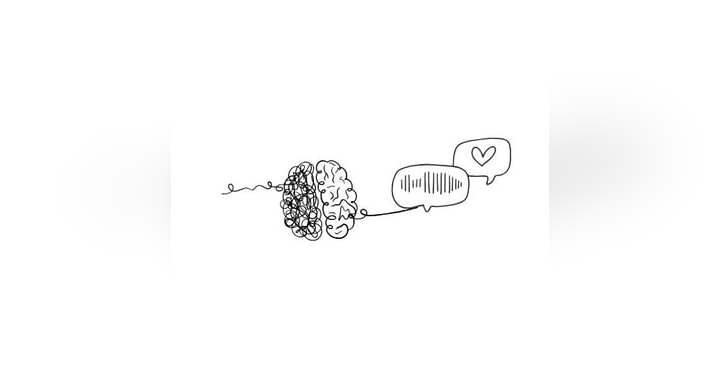The Impact of Late ADHD Diagnosis on Women's Lives
In our latest episode, "Unmasking ADHD in Women: Late Diagnosis and Beyond," we delve into the often-overlooked reality of ADHD in women, particularly the impact of late diagnoses. This blog post explores the multifaceted consequences of a late ADHD diagnosis, highlighting the journey of self-discovery and adjustment that many women experience.
Listen to the full episode here: https://www.womensmentalhealthpodcast.com/adhd-women-late-diagnosis/
The Journey of Self-Discovery and Adjustment
Understanding the "Why"
For many women, a late ADHD diagnosis can be a profound turning point. It offers a long-awaited explanation for lifelong struggles with inattention, hyperactivity, impulsivity, and emotional regulation. Finally, understanding the root of these challenges can be a powerful step toward self-acceptance and empowerment.
Embracing a New Identity
The process of accepting an ADHD diagnosis often involves adjusting to a new understanding of oneself. This can be a complex process, involving grief for the life one thought they should have had and a reevaluation of past experiences. It's crucial to approach this transition with compassion and allow yourself time to adapt to this newfound awareness.
Building Self-Compassion
A late diagnosis can bring up feelings of self-criticism and guilt for not recognizing the signs sooner. It's essential to practice self-compassion during this period. Remember that ADHD is a neurodevelopmental disorder, not a reflection of your worth or intelligence. Be kind to yourself as you navigate this new chapter.
Navigating Personal Relationships with ADHD
Communication Challenges
ADHD can significantly impact communication, leading to misunderstandings and frustration in relationships. Women with ADHD may struggle with listening, interrupting, or expressing their needs clearly. Open communication is crucial for addressing these challenges and fostering healthy relationships.
Emotional Regulation and Sensitivity
ADHD can make it difficult to regulate emotions, leading to heightened sensitivity and reactivity. This can affect close relationships, causing misunderstandings and conflict. Understanding the role of ADHD in emotional regulation is vital for building empathy and improving communication within partnerships.
Finding Support and Understanding
Seeking support from loved ones is essential. Sharing your diagnosis with those you trust can open the door to understanding and empathy. Encourage open communication about how ADHD impacts your life and work together to find strategies for navigating challenges.
Career Challenges and Success Strategies
Time Management and Organization
For women with ADHD, career success often requires developing effective time management and organizational skills. This may involve using tools like calendars, planners, and digital reminders to stay on track and manage deadlines. Breaking down large tasks into smaller, more manageable steps can also be beneficial.
Focus and Attention
Maintaining focus and attention can be a significant challenge. Strategies like minimizing distractions, using noise-canceling headphones, or taking frequent breaks can help manage attention span. Learning to recognize your personal peak productivity times can also maximize your focus and output.
Harnessing Strengths
Despite the challenges, ADHD often comes with unique strengths, such as creativity, problem-solving abilities, and a passion for learning. Recognizing and leveraging these strengths can be key to achieving career success. Seek out roles that align with your natural talents and interests.
The Importance of Self-Care and Support
Prioritizing Mental Health
Self-care is essential for women with ADHD. Prioritizing mental health by engaging in activities that bring joy, reducing stress, and seeking professional support can help manage the emotional and cognitive demands of ADHD.
Building a Support Network
Surrounding yourself with a supportive network of friends, family, or a therapist can provide emotional validation and practical guidance. Connecting with other women with ADHD can foster a sense of community and shared understanding.
Exploring Therapy and Medication
Seeking professional help from a therapist specializing in ADHD can offer personalized strategies for managing symptoms and improving overall well-being. Medication may also be an option for some individuals, helping to manage ADHD symptoms and improve focus and concentration.
Conclusion: Embracing a New Understanding of Self
A late ADHD diagnosis can be a transformative experience for women. It offers an explanation for lifelong struggles and opens doors to self-understanding, acceptance, and empowerment. By embracing this new understanding of oneself, women can navigate the challenges and leverage the strengths that come with ADHD, creating a fulfilling and meaningful life. We encourage you to listen to the full episode, "Unmasking ADHD in Women: Late Diagnosis and Beyond," to gain further insights into this important topic.














